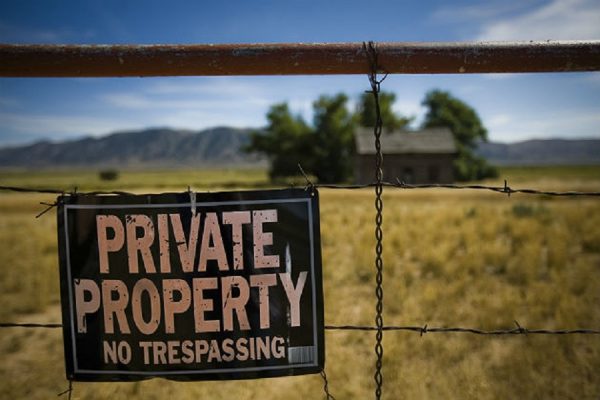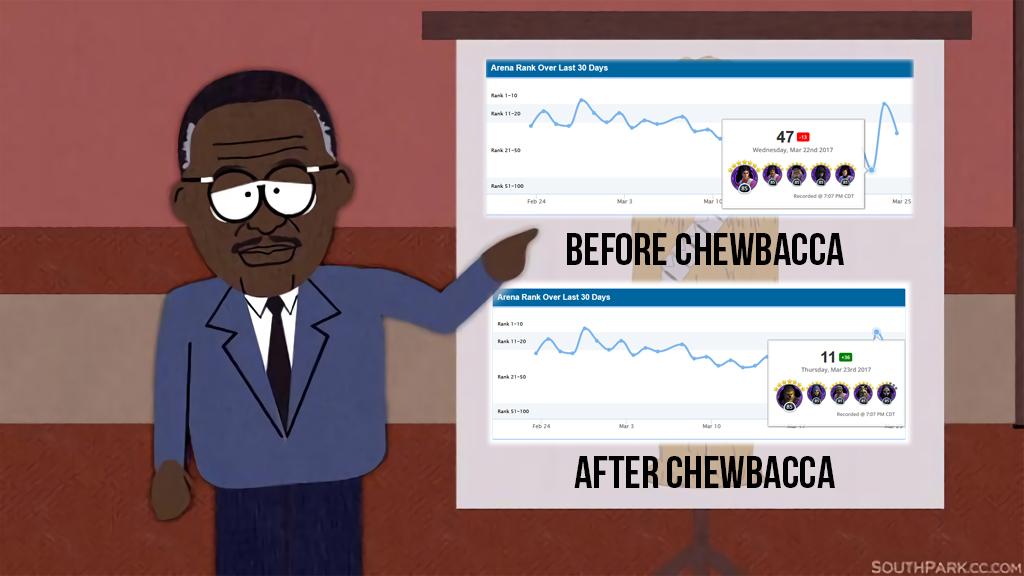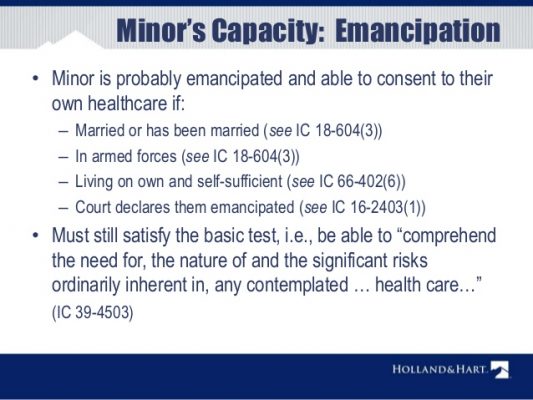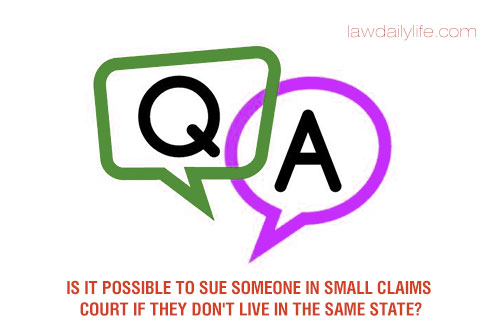Exclusivity and mistreatment is always unpleasant, there is just no denying it. Sometimes we have to live with it and sometimes we may even choose to ignore it for our own purposes. But if you are being excluded based on who you are or a legally protected characteristic, then discrimination is a basis for legal action.
There are a number of local, state, and federal laws that mandate equal treatment in various settings, and these outline the obligations of businesses or institutions dealing with the public. But not all situations, even when discriminatory, are necessarily going to make a great basis for a lawsuit. Let’s look at some places where discrimination might occur and what situations are more likely to be worth fighting for.
Where Discrimination Happens
Discrimination is generally defined as treating or proposing to treat someone unfavorably because of a personal characteristic protected by the law, such as:
- Race
- Religion
- National origin
- Disability
- Sexual orientation
- Gender
Under the Equal Opportunity Act of 2010 discrimination is against the law in areas of public life, including places of accommodation (like hotels and hostels), clubs, educational institutions, in the sale of goods and services, in local government, and in places where sports are played.
To be mistreated in any of these settings is painful. But a one-time rebuff from a rude clerk as a shop is not the same thing as being denied an apartment, or a loan, or admission to an educational institution, or a job. To some degree the value of your claim will depend on what you were deprived of due to the discrimination.
In a one-time exchange you may suffer some emotional injury and even loss of time. Still, that will obviously be less egregious than not getting the apartment you wanted to buy because people didn’t like the look of you or being deprived of an opportunity to advance professionally based on who you are. But the best thing you can do before you decide to pursue a claim is to talk to an attorney about the details. No case can be assessed in the abstract and there are always exceptions to any general principle.
Talk to a Lawyer
If you have been discriminated against and you’re contemplating a lawsuit, talk to an attorney. Many civil rights lawyers consult for free or a minimal fee and will be happy to talk to you about your situation.










